8 GPTs for Comparative Theology Powered by AI for Free of 2026
AI GPTs for Comparative Theology are advanced artificial intelligence tools based on the Generative Pre-trained Transformer model, specifically designed for tasks in the Comparative Theology domain. They leverage large-scale machine learning to analyze, interpret, and generate text, facilitating comparative studies of different theological traditions. These tools are particularly relevant for synthesizing and comparing complex religious texts, doctrines, and practices across various faiths, offering a nuanced understanding of similarities and differences.
Top 8 GPTs for Comparative Theology are: Theo Scholar,Bible Research with Denomination Choice 👍,Faith Explorer,Spiritual Scholar,Sacred Text Explorer,Scholar of Faiths,聖書,Sacred Text Analyst
Theo Scholar
AI-Powered Theological Expertise at Your Fingertips

Bible Research with Denomination Choice 👍
Tailored Bible Study with AI
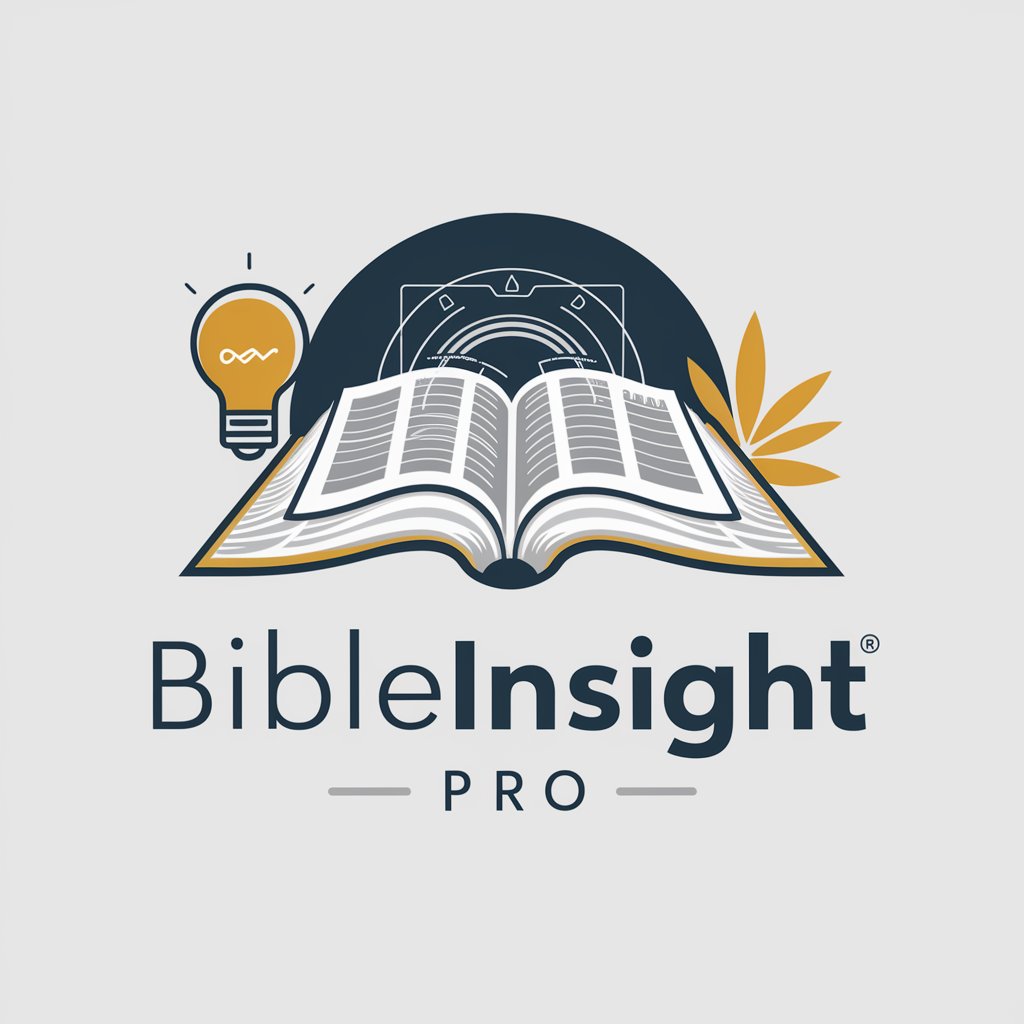
Faith Explorer
Explore Faiths with AI-Powered Insights

Spiritual Scholar
Explore Faiths with AI-Powered Insights
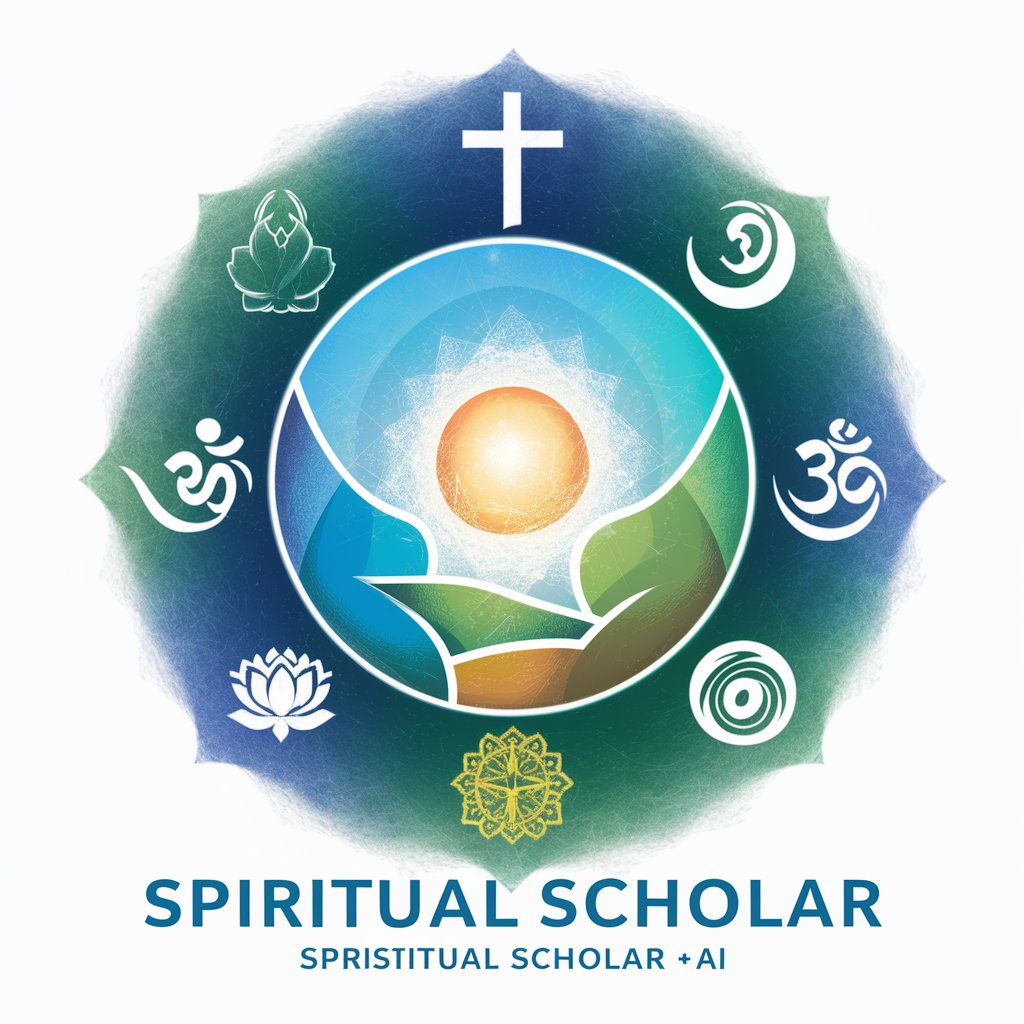
Sacred Text Explorer
Exploring Sacred Texts with AI
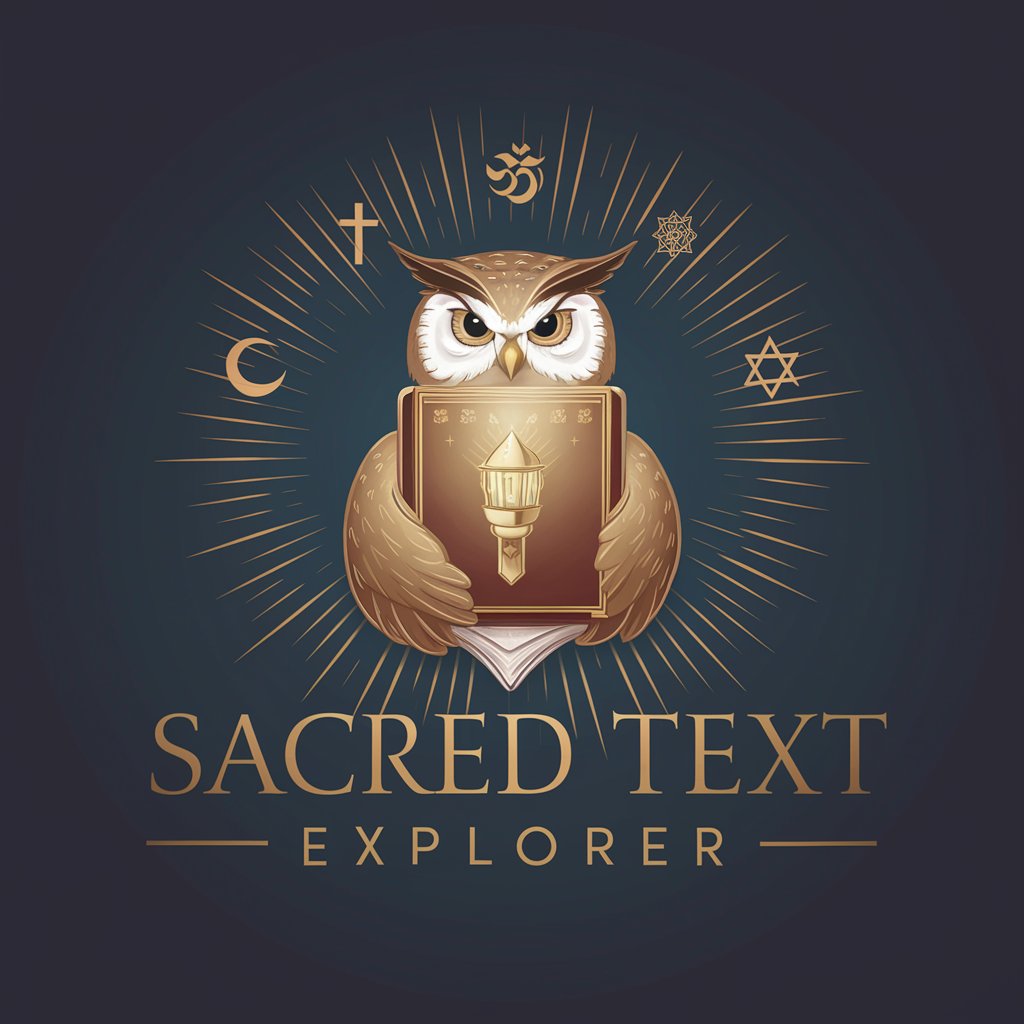
Scholar of Faiths
Explore Religions with AI-Powered Insights
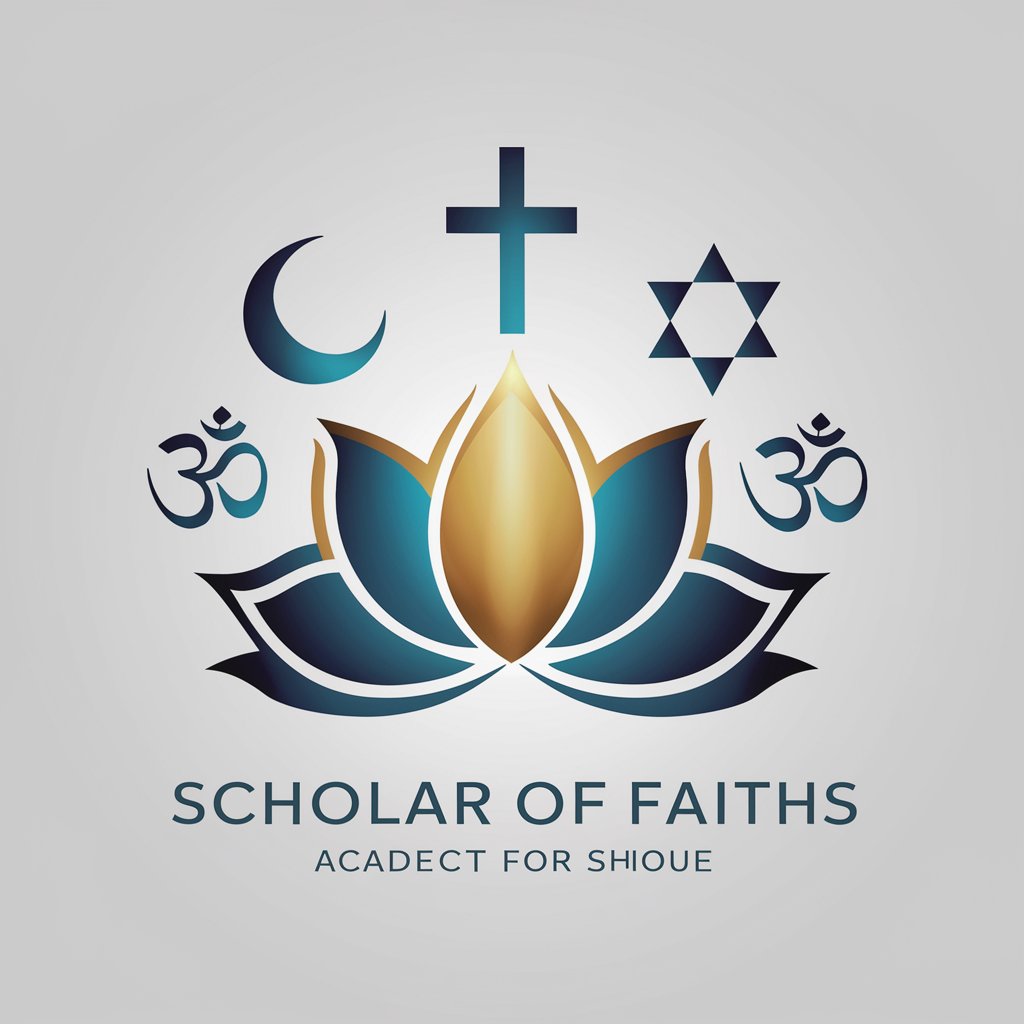
聖書
Enlighten your faith with AI

Sacred Text Analyst
Unlocking the Depths of Sacred Texts with AI
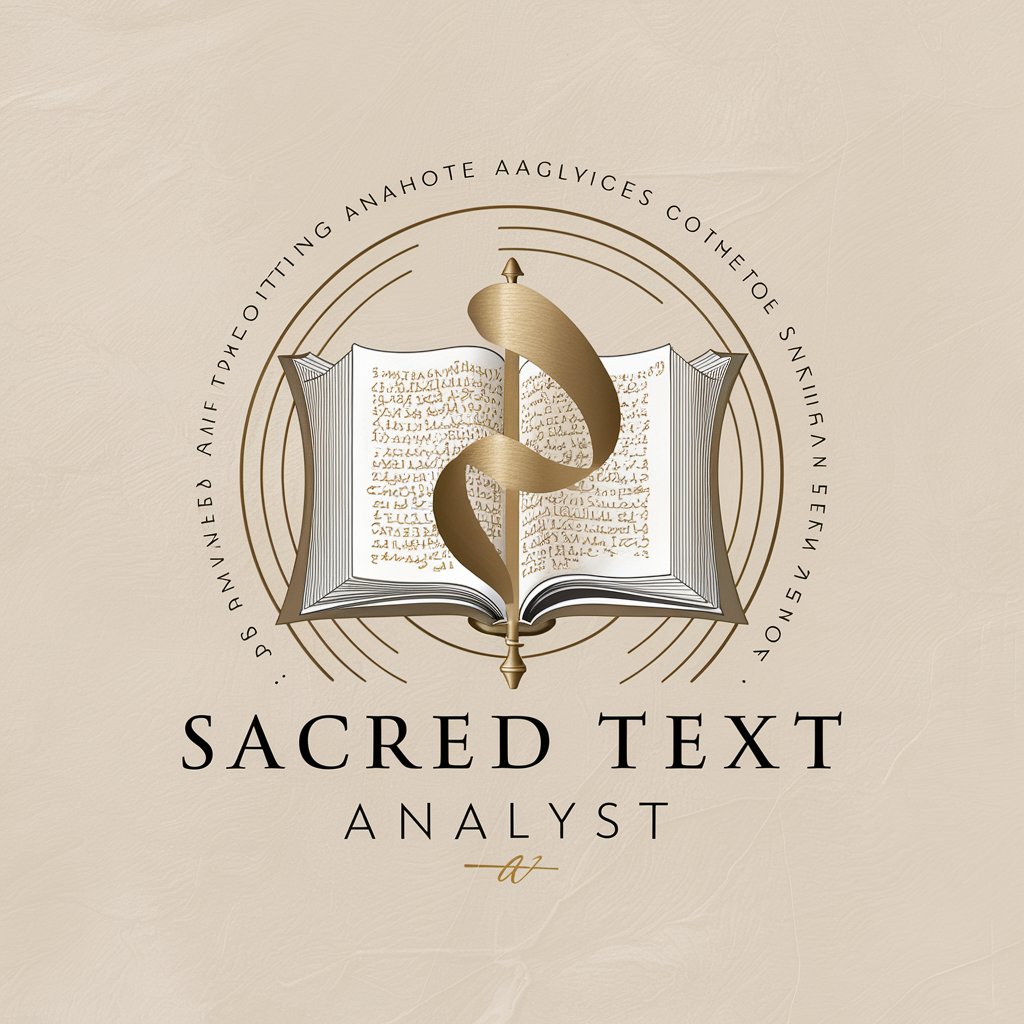
Key Attributes of Comparative Theology GPTs
These GPTs are distinguished by their adaptability, capable of handling tasks ranging from simple text generation to complex theological analysis. Key features include language versatility for interpreting religious texts in various languages, technical support for researchers, web searching for up-to-date theological resources, image creation for visual representation of theological concepts, and data analysis capabilities for cross-religious studies.
Who Benefits from Theology-Focused GPTs
AI GPTs for Comparative Theology cater to a wide audience, including theology students, religious scholars, developers in religious studies, and curious laypersons. They are accessible to users without programming skills, offering intuitive interfaces, while also providing advanced customization options for those with technical expertise.
Try Our other AI GPTs tools for Free
Humor Education
Explore the world of Humor Education with AI GPTs - your gateway to understanding, creating, and enjoying humor in a novel and interactive way. Perfect for educators, enthusiasts, and professionals alike.
Customized Entertainment
Explore the world of AI GPTs in Customized Entertainment, where advanced AI meets personalized content creation. These tools are revolutionizing entertainment, offering adaptable, user-friendly, and creative solutions for diverse audiences.
Media Monitoring
Discover AI GPTs for Media Monitoring: the ultimate tools for real-time media insights, trend analysis, and sentiment assessment, tailored for professionals and novices alike.
3D Printing Consultation
Discover AI GPTs for 3D Printing Consultation: innovative tools designed to transform your 3D printing experience with expert advice, tailored solutions, and user-friendly interfaces for both novices and professionals.
Mural Artistry Guidance
Explore the realm of AI GPTs in Mural Artistry Guidance, where advanced AI meets creative mural design. These tools offer unparalleled support in design, planning, and execution, suitable for artists and enthusiasts alike.
Historical Research Assistance
Explore the intersection of AI and history with AI GPTs for Historical Research Assistance. These advanced tools offer unparalleled support in historical data analysis, interpretation, and narrative generation, ideal for historians, educators, and technology enthusiasts.
Expanding the Horizons with Comparative Theology GPTs
AI GPTs in Comparative Theology offer customized solutions across various sectors, including academia and religious research. Their user-friendly interfaces and integration capabilities make them a valuable asset in diverse research environments, enabling seamless incorporation into existing systems and workflows.
Frequently Asked Questions
What are AI GPTs for Comparative Theology?
They are AI tools based on the GPT model, tailored for Comparative Theology, aiding in the analysis and comparison of religious texts and doctrines.
Who can use these tools?
They are designed for a broad audience, from theology students and scholars to developers and interested laypersons.
Do I need coding skills to use these tools?
No, they are designed to be user-friendly and accessible to those without programming knowledge.
Can these tools analyze texts in different languages?
Yes, they have language learning capabilities to interpret religious texts in various languages.
Are there customization options for advanced users?
Yes, advanced users can customize these tools for specific research needs.
Can these tools create images?
Yes, they include image creation capabilities for visual representation of theological concepts.
How do these tools assist in Comparative Theology?
They assist by analyzing, comparing, and synthesizing theological texts and doctrines across different religions.
Can these tools integrate with other systems?
Yes, they can be integrated with existing systems or workflows for enhanced research capabilities.